Austria mourns its worst school shooting as a 21-year-old gunman kills 10 at a high school in Graz. National mourning declared
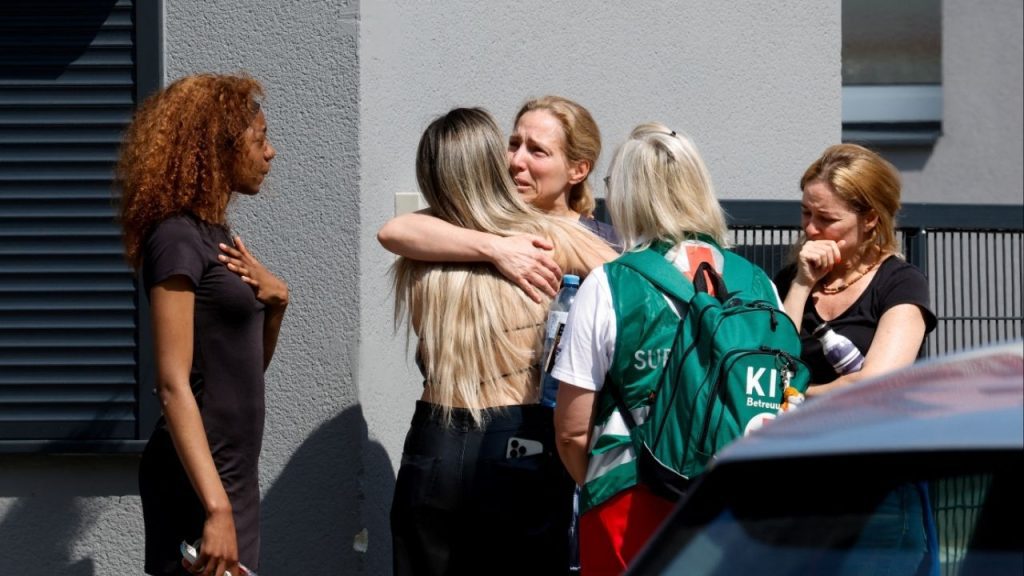
“A dark day in the history of our country” — that’s how Austrian Chancellor Christian Stocker described Tuesday’s devastating school shooting, the deadliest mass shooting in postwar Austria. A 21-year-old former student opened fire at his old high school in Graz, killing 10 people, including eight pupils, one teacher, and himself. Eleven others remain hospitalized, with several in critical condition.
National Tragedy, Unified Response
Austria has declared three days of national mourning, signaling a moment of national crisis management. Flags will fly at half-mast and a minute of silence will be observed at 10am Wednesday. Chancellor Stocker, visibly shaken, called the event an act of “unimaginable violence” and a “national tragedy that has shocked us all.” This moment demands executive leadership, compassionate governance, and coordinated public communication.
President Alexander Van der Bellen offered words of unity, stating, “These were young people who had their whole lives ahead of them… The country stands together to withstand this pain, together.” His response underscores the role of presidential leadership and social cohesion in the face of trauma.
What We Know About the Attack
The gunman, an Austrian citizen and former student at BORG Dreierschützengasse high school, entered the school just after 10am and began shooting in two classrooms, including one he had once attended. Police confirmed he was armed with a legally owned pistol and shotgun, one of which had been recently acquired—highlighting gaps in firearm regulation policy.
He was found dead in a school bathroom following a 90-minute high-security operation involving special forces, helicopters, and rapid response teams. Authorities have not released his name. Interior Minister Gerhard Karner emphasized the need for accurate crisis reporting, stating, “Only reliable information will be released… out of respect for the victims and their families.” This reflects a commitment to data integrity and responsible crisis communication.
Emergency Response & Evacuation
The school, home to about 400 students, was swiftly evacuated and thoroughly searched. Families and survivors were supported by crisis intervention teams, an important aspect of emergency preparedness and mental health crisis response.
160 first responders, including emergency doctors and paramedics, were dispatched. The surrounding area was cordoned off, and public transport was rerouted, showcasing a highly coordinated public safety operation and logistical response.
Grief Across Austria and Europe
Graz Mayor Elke Kahr called the event a “terrible tragedy,” confirming a teacher was among the dead. Vienna Mayor Michael Ludwig urged citizens to remain united, stating: “Hate and violence must never gain the upper hand.” His words point to the need for social resilience and civic unity in the wake of mass violence.
Across Europe, leaders responded with expressions of solidarity. EU foreign policy chief Kaja Kallas declared that “every child should feel safe at school,” reinforcing a shared European value of educational safety. Ursula von der Leyen of the European Commission emphasized that schools should remain “symbols of youth, hope, and the future.” These remarks elevate the importance of youth protection policy and educational resilience.
Germany’s Chancellor Friedrich Merz and Hungary’s Prime Minister Viktor Orbán also offered their sympathies, reflecting the regional impact of Austria’s national trauma.
Austria’s Gun Culture Under Scrutiny
Austria has one of Europe’s highest civilian firearm ownership rates, with an estimated 30 guns per 100 people. While machine guns and pump-action weapons are banned, pistols and semi-automatic weapons are legal with proper authorization.
This incident reignites debates around gun control reform, mental health screening, and the enforcement of firearm acquisition laws. Though mass shootings remain rare in Austria, the scale of this tragedy raises urgent questions about public safety governance and civilian weapon access.
Conclusion: Leadership in Crisis
As Austria enters a period of mourning, its leaders are now tasked with guiding the nation through collective grief and policy reassessment. Chancellor Stocker’s response will be remembered as a test of executive crisis leadership, transparent communication, and national resilience.
The need for stronger mental health policy, firearms oversight, and school safety reform is now urgent. In the face of trauma, Austria must lead with compassion, decisiveness, and a renewed commitment to public trust.

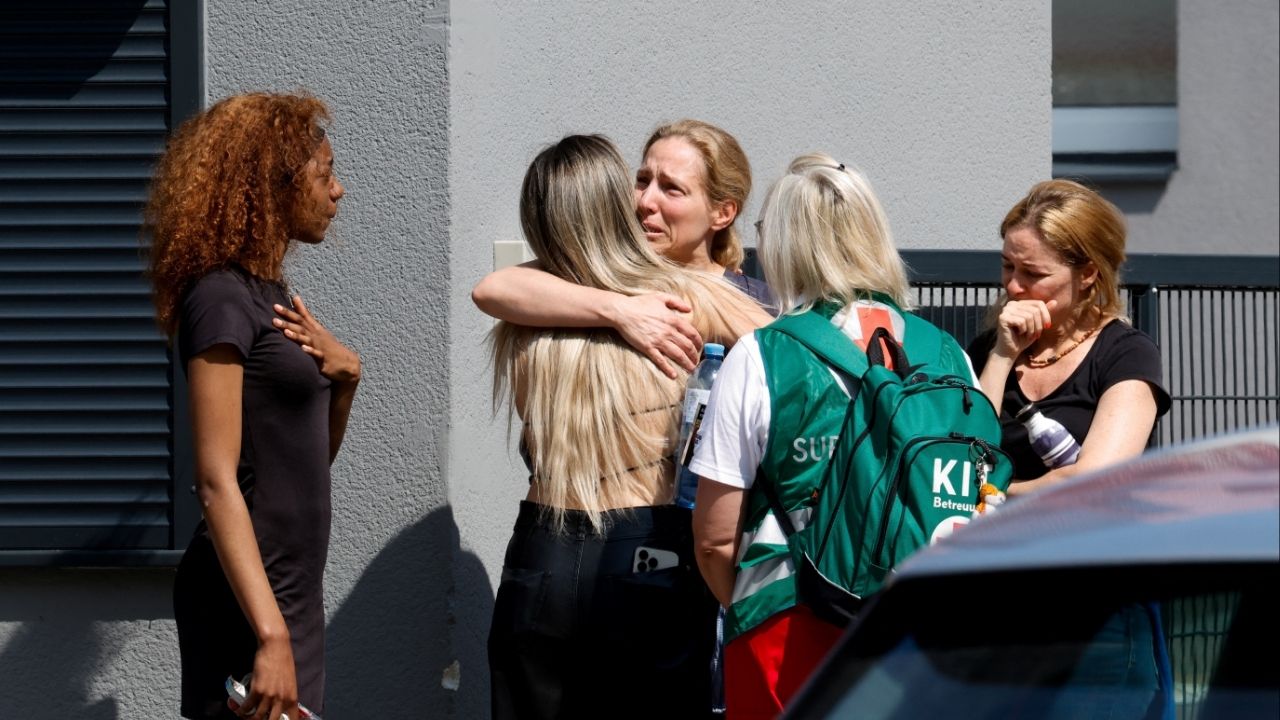


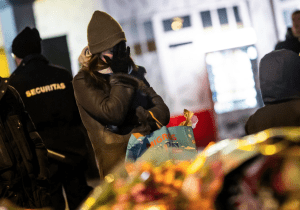
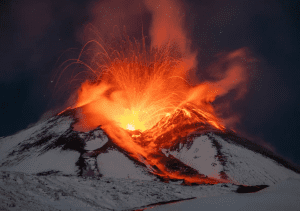
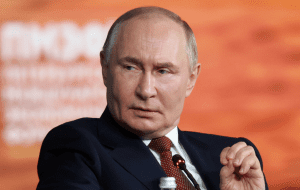





Comments are closed.